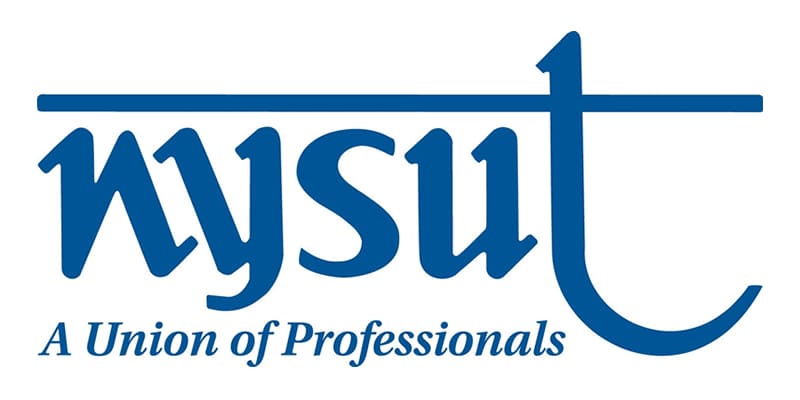ALBANY, N.Y. March 31, 2015 — New York State United Teachers today said changes to the teacher evaluation and tenure laws contained in the state budget are a disgrace.
“The teacher evaluation system imposed by Governor Cuomo is a sham, and he now owns it. From the beginning, the state of New York has witnessed a vengeful governor refusing to engage in honest dialogue about the quality of our public schools, or how to improve teaching and learning. Governor Cuomo is so enamored with hedge fund money that he has refused to consider the educational research; listen to educational professionals; or acknowledge the concerns of tens of thousands of parents who are so angry about his testing madness, they are protecting their children by opting them out of state exams.
“Let’s be absolutely clear: NYSUT rejects this evaluation system. It is an unworkable, convoluted plan that undermines local control, disrespects principals and school administrators, guts collective bargaining and further feeds the testing beast. It does nothing to help students and will do nothing to foster the professional dialogue and collaboration that is essential to helping New York’s already strong teaching force become stronger. Ironically, this will only make it harder for school districts in impoverished communities to attract and retain the excellent teachers that students need and deserve.”
————————
2015-16 Enacted State Budget Preliminary Analysis
Early Preliminary Analysis of S.2006-B/A.3006-B, ELFA bill
ANNUAL PROFESSIONAL PERFORMANCE REVIEW
Effective date – the new APPR will apply in the 2015-16 school year.
Student Performance and Teacher Performance measures
Legislation passed will dramatically increase the weight of state standardized testing, increase tests developed or approved by SED or outside vendors in the evaluation system, and increases use of state growth models in evaluations.
Teachers will not receive a score but instead will be rated using a matrix approach, with two subcomponents – student performance and teacher performance.
Importantly, if you receive an ineffective rating in the student performance side of the matrix, you cannot achieve an effective rating overall; the most you can attain is a developing rating.
Further, if the district and union choose an optional second assessment detailed below, and you receive an ineffective on student performance, you cannot receive anything but an ineffective rating overall, a disincentive to choose the optional second assessment.
For tested teachers, the student performance subcomponent will be: (1) use of a state growth score and (2) an optional a second state-provided growth score on a state-created or administered test or a growth score based on a state-designed supplemental assessment, calculated using a state-provided or approved growth model. The use of the optional student performance subcomponent is subject to collective bargaining, but is limited to the choices in (2) above.





